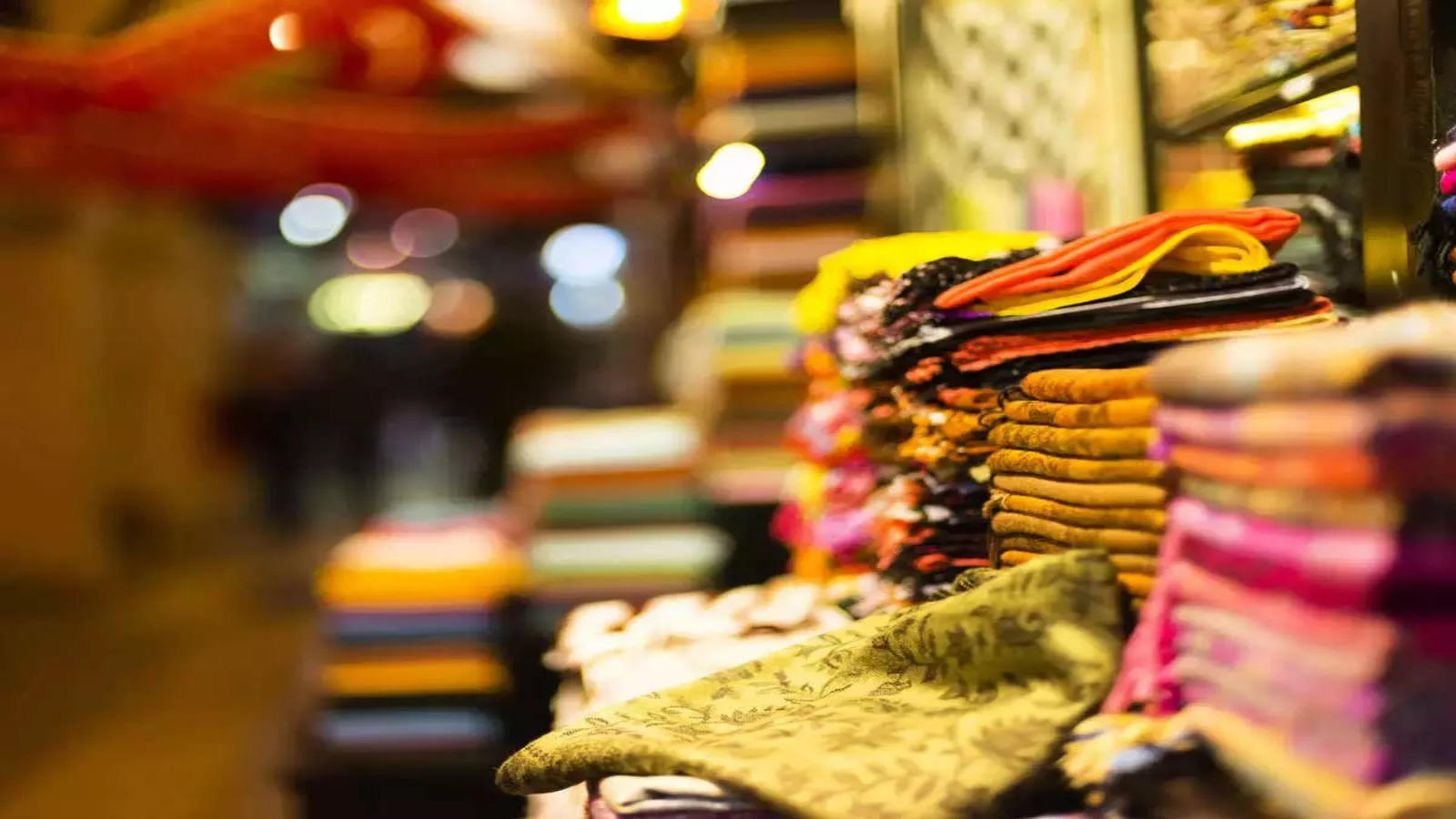
Apparel exporters seek tax incentives in Budget 2024 to boost manufacturing
NEW DELHI : In order to increase domestic manufacturing and India’s outward shipments, Apparel Export Promotion Council (AEPC), on Wednesday called for tax advantages like uniformity in GST and more interest subsidies.
Tax breaks for apparel manufacturers, which implement Environmental, Social, and Governance (ESG) and other international quality standards and compliances have also been requested by the AEPC. The funding help for the branding and marketing of items created in India was also requested by the council.
According to the council, interest equalisation rates on pre- and post-shipment export loans for manufacturers who are not Micro, Small, and Medium Enterprises (MSME) exporters have been lowered from 3 to 2 per cent.
“High cost of capital has been a major bottleneck for the exporting community. AEPC has requested the Government to increase the rates under the scheme to 5 per cent for all the apparel exporters,” it said, adding it will increase the apparel industry’s competitiveness in the international market and enable them to avail necessary working capital.
In relation to GST, it said that the complete MMF (Man-Made Fibre) value chain (fibre, yarn, and fabric) should be subject to a uniform tax of only 5 per cent. The MMF GST rate on fibre is currently 18 per cent, yarn is 12 per cent, and fabric is 5 per cent. As a result, the council stated, MSME units are experiencing unutilised input credit and ensuing liquidity problems.
Additionally, it recommended that the Government incorporate embellishments and trims under the Import of Goods at Concessional Rates (IGCR) duty regulations.
To ensure the required functionality and aesthetics of clothes in the worldwide market, the operations involved in the garment export trade generally require a variety of high-quality trimmings and decorations (belts, buttons, labels, stickers, linings, inter-linings, etc.).
Foreign customers insist on preserving consistency and quality and avoiding the use of counterfeits in order to protect their brand image. It said that any departure in the quality and specification leads to the shipment’s rejection.
As of now, certain trims and embellishment items are not entitled to duty exemption, it said.
Additionally, it has pushed for the IGCR regulations governing the import of trimmings and accessories to permit a minimum of 10 per cent waste by means of a suitable notification. This will assist exporters of clothing in timely submission of their usage data and execution of the bond at the customs release.

